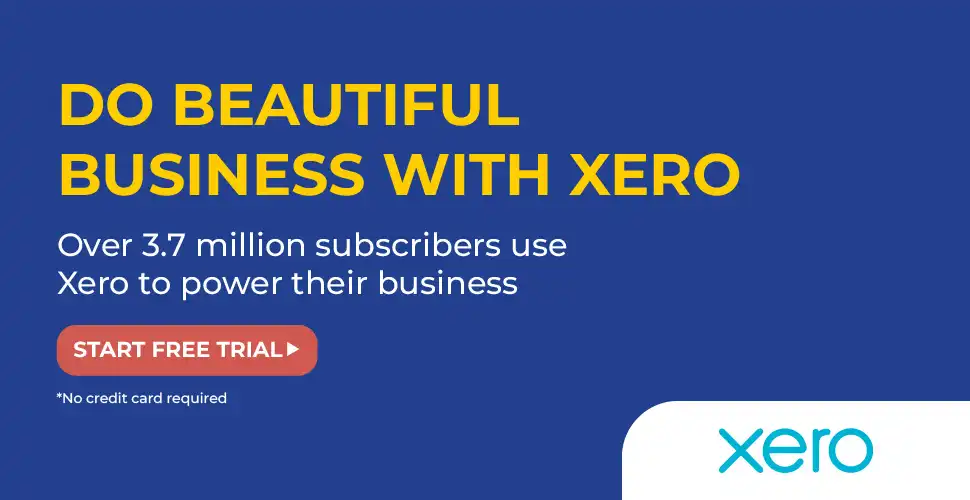
If you want a safe and reliable way to grow your money, you might be interested in opening a high-yield savings account or a certificate of deposit (CD). Both options offer higher interest rates than traditional savings accounts, but they also have some differences that you should consider before choosing one. Here we will compare and contrast high-yield savings accounts and CDs, and help you decide which is right for you.

Differences between high-yield savings accounts and CDs
Here are the key differences between high-yield savings accounts and CDs:
High-Yield Savings Account
Traditional savings accounts typically offer lower interest rates than high-yield savings accounts, as mentioned in Joy Wallet's article on the best high-yield savings accounts (https://joywallet.com/article/best-high-yield-savings-accounts).
These accounts provide flexibility regarding deposits and withdrawals, as long as the account holder maintains a minimum balance and stays within the monthly transaction limits. High-yield savings accounts are suitable for short-term or emergencies, such as funding vacations, covering unexpected expenses, or handling car repairs.
Certificates of Deposit (CDs)
CDs are investment products offering a fixed interest rate for a designated timeframe, ranging from months to years. Funds are locked during this period, yielding higher interest than savings accounts. CDs serve well for long-term goals like down payments, college funds, or retirement planning.
Their liquidity and interest rate also differs:- Liquidity: High-yield savings accounts are more liquid. You can withdraw funds at any time without penalties, maintaining interest. CDs are less liquid; you must wait until maturity to avoid early withdrawal fees.
- Interest Rate Difference: High-yield savings accounts have variable interest rates influenced by market conditions and bank policies. CDs provide a fixed interest rate, remaining constant throughout the term. CD interest rates are generally higher due to the trade-off of liquidity for extended commitment.
Safety of funds in high-yield savings accounts and CDs
Both high-yield savings accounts and CDs provide a secure haven for your funds. They are insured by the FDIC, ensuring your money's safety even in challenging situations. In case of bank failure, you're guaranteed to receive up to $250,000 per depositor, eliminating concerns about potential loss due to such circumstances.
However, it's important to acknowledge the risks associated with both options:
| Risk | Description |
|---|---|
| Inflation | Inflation, the gradual price increase of goods and services, can erode your money's purchasing power. If the inflation rate surpasses your account's interest rate, your funds might lose value over time. |
| Opportunity Cost | Opportunity cost denotes the potential gain from opting for an alternative investment with higher returns. Choosing an option with lower interest or yield might lead to missing out on potential income. |
Understanding these risks enables you to make informed decisions about allocating funds between high-yield savings accounts and CDs.

Growth potential in high-yield savings accounts and CDs
Both high-yield savings accounts and CDs can help you grow your money faster than traditional savings accounts, but they have different growth potential depending on the interest rates and terms. Generally speaking, CDs tend to offer higher interest rates than high-yield savings accounts, especially for longer terms. This is because banks reward you for committing your money longer and taking on more interest rate risk.
However, this does not mean that CDs always outperform high-yield savings accounts. Some factors can affect your actual returns, such as:
The frequency of compounding
The more frequently your interest compounds, the more you earn over time. High-yield savings accounts usually compound interest daily or monthly, while CDs usually compound interest monthly or quarterly.
The early withdrawal penalty
This is how much you will lose if you withdraw money from a CD before the term ends. The penalty can vary depending on the ban. and the term length, but it typically ranges from one to six months’ worth of interest. If you withdraw money from a CD early, you will reduce your effective APY and possibly lose some of your principal.
The opportunity cost
If you had invested your money elsewhere, you could have earned higher returns. If interest rates rise after you lock in a CD rate, you might miss out on higher returns from other investments or from a high-yield savings account with a variable rate. To compare the growth potential of different high-yield savings accounts and CDs, you can use online calculators that factor in these variables and show how much you will earn over time.
How to choose between a CD and a high-yield savings account
There is no definitive answer to whether a CD or a high-yield savings account is better for you. It depends on your personal goals, preferences, and financial situation. However, here are some general guidelines that can help you decide:
Opt for a High-Yield Savings Account if:
Flexibility and accessibility are your primary concerns. A high-yield savings account may be better. This option is suitable when you anticipate needing to access your funds in the near future, such as for emergency expenses, short-term goals, or unpredictable financial needs. Additionally, a high-yield savings account can prove advantageous if interest rates rise, allowing you to benefit from better returns.
Choose a CD for Higher Interest Rates if:
Obtaining a higher interest rate is a priority, and you're willing to sacrifice some flexibility. A CD is a good option if you have a lump sum of money you don’t need to touch for a while, such as for a long-term goal, a fixed expense, or a retirement account. A CD can also help you lock in a guaranteed return and avoid the risk of falling interest rates.
Remember, you don’t have to choose one or the other. You can also diversify your savings portfolio with a high-yield savings account and one or more CDs with different terms. This way, you can enjoy the benefits of both accounts and balance your liquidity and returns.

Conclusion
A high-yield savings account and a CD are great ways to save and grow your money safely and reliably. However, they also have some differences that you should consider before choosing one over the other. The best option depends on your financial goals, time horizon, risk tolerance, and personal preferences.

